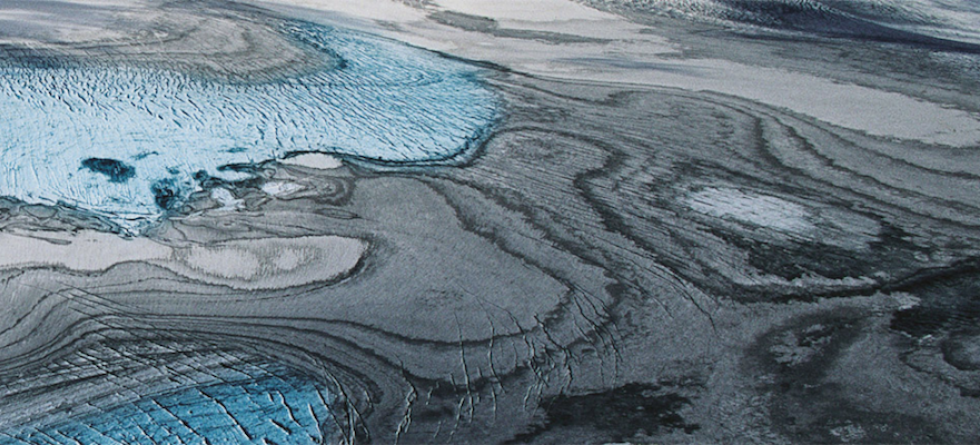The Intergovernmental Panel on Climate Change (IPCC) is the leading international body for the assessment of climate change. It was established by the United Nations Environment Programme (UNEP) and the World Meteorological Organization (WMO) in 1988.
Scientists from all over the world contribute to the work of IPCC, and currently 195 countries are members of the IPCC.
IPCC was established to provide the world with a clear scientific view on the current state of knowledge on climate change and its potential environmental and socio-economic impacts. Because of its scientific and intergovernmental nature, the IPCC embodies a unique opportunity to provide scientific information to decision makers.
The panel does not conduct any research nor does it monitor climate related data. The work consists of four policy-relevant and yet policy-neutral reports, and the newest and fifth Assessment Report was published in 2013 and 2014.
It is the Norwegian Environment Agency that selects scientists and coordinates the Norwegian delegation.
Three researchers at the Bjerknes Centre, Eystein Jansen, Peter Thorne and Christoph Heinze, have been the lead authors and reviewers to the IPCC, Working Group 1 report "The Physical Science Basis". According to Thorne senior scientist at the Nansen Centre, the evidence of a world that has warmed is clear from the high in the atmosphere to deep in the oceans.
In addition, The Bjerknes Centre authors have contributed with input on several topics including paleoclimates, observations and carbon cycle. Trond Dokken (Uni Research), Jerry Tjiputra (Uni Research) and Camille Li (UiB) were contributing authors.
The fifth Assessment Report 2013 - 2014
The report is often referred to as AR5 - The fifth Assessment Report and consists of 4 reports:
WG1 - The Physical Science Basis
FAQ - Assessment of climate change observations throughout the climate system - weather, ocean currents, sea ice and glaciers.
WG2 - Impacts, Adaptation and Vulnerability
FAQ - Considers impacts, adaptation, and vulnerability with both global and regional aspects.
WG3 - Mitigation of Climate Change
FAQ - Assesses how to do to adapt to climate changes and options for mitigating climate change.
FAQ - It distills and integrates the findings of the three Working Groups and provides an integrated view of climate change.
Link to the three Working Groups and the Synthesis report here.

